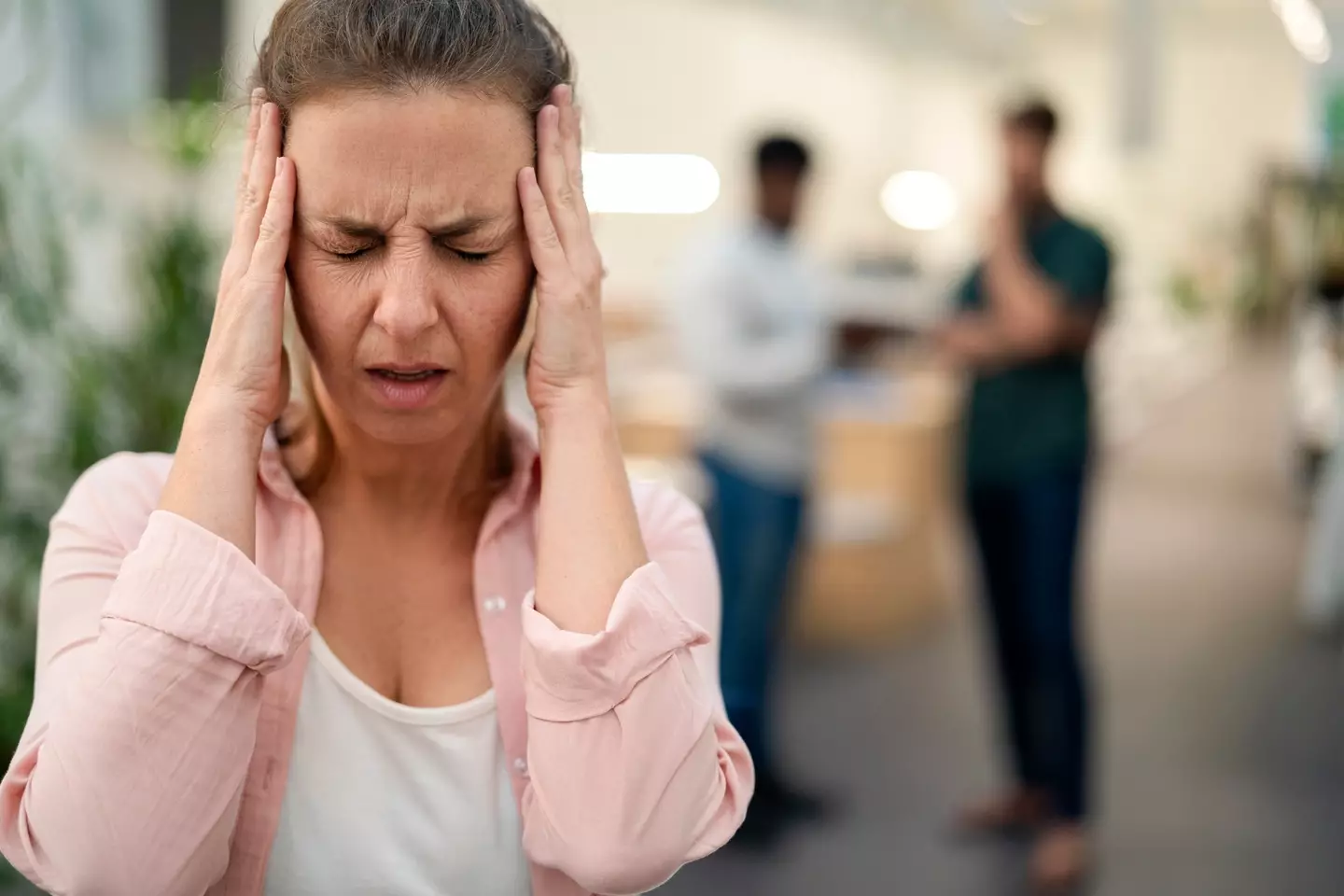
Whether it's a latte on our way to work, a cup of tea in the mid-afternoon or a energy drink pick me up, most of us are fuelled by caffeine.
A natural stimulant found in various drinks, caffeine can give our bodies that much needed burst of energy to get through the day.
But how much is too much caffeine, and what happens to our bodies when we over indulge?

How does caffeine work?
Caffeine is a stimulant which can increase activity in your brain and nervous system.
Advert
It can also trigger the release of chemicals such as cortisol and adrenaline, as well as temporarily blocking certain neurotransmitters (chemical messages in the brain) that are responsible for regulating sleep, cognition, arousal and memory.
In short, drinking caffeine can leave us feeling more awake and alert for certain periods of time.
However, there is a limit on how much caffeine our bodies can deal with at once.
How much caffeine is too much?
The European Food Safety Authority (EFSA) advises that a healthy person should not consume more than 200mg of caffeine in a single drink and no more than 400mg in a day.
The body can also take anywhere between two and 12 hours to metabolise half of the amount of caffeine consumed.
It's also worth pointing out that someone people are more sensitive to caffeine than others, meaning that the guideline isn't applicable to everyone.
It's also impossible to tell how much caffeine is in a drink as levels can vary. For example, caffeine levels can vary from 67mg to 241mg in a latte purchased from different high-street coffee shops.

"Providers aren't aware of how much caffeine they're giving you," Kenneth Jacobson, chief of the molecular recognition section at the National Institute of Diabetes and Digestive and Kidney Diseases, explained to the BBC.
"An espresso can contain anywhere between 250mg and 700mg of caffeine, and some energy drinks can be 500 or 600mg."
What happens to our bodies after drinking too much caffeine?
We've all felt that awful jittery feeling after consuming one too many cups of tea or coffee. This is usually due to caffeine increasing the amount of adrenaline in your body, which in turn increases blood pressure.
Overloading on caffeine can also cause you to experience headaches and, in caffeine-sensitive individuals, heart palpitations.
So, if your head and chest suddenly feel like they're pounding, it's time to put down the coffee cup and start flushing the caffeine out of your body with water.

Scientists have also warned against going cold turkey on drinking caffeine, as this can also have adverse effects on the body.
Suddenly quitting caffeine can cause the body to experience pretty gnarly withdrawal symptoms such as headaches, fatigue, irritability and difficulty with concentration.
This can be more pronounced in seasoned coffee drinkers as the body also builds tolerance to caffeine over a prolonged period of exposure.